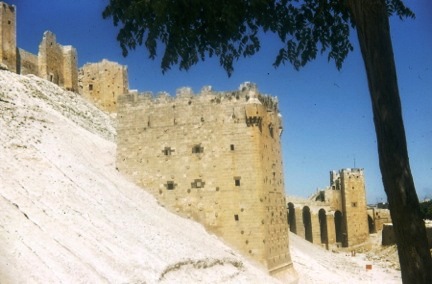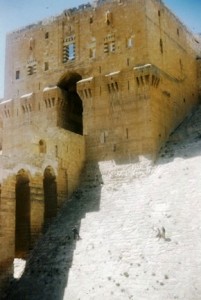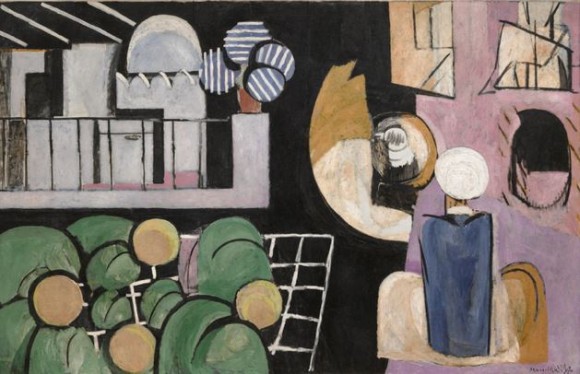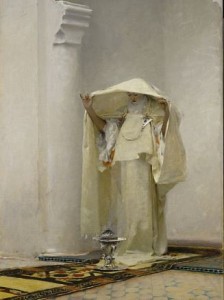
Agatha Christie stayed there. So did T.E. Lawrence, King Faysal from Iraq and General de Gaulle: at the famous Hotel Baron in downtown Aleppo, Syria. At that time, Aleppo was an exotic and cosmopolitan city where Arabic, Turkish, Kurdish and Armenian cultures coexisted.

But all this was before the Syrian civil war.
Aleppo, like many other historical Syrian cities, is being crushed by daily bombings. The devastation is concentrated on this region with the intent of cutting off the road to the north toward Turkey. Today the Bab el Faraj – one of the main squares – is in ruins; the 11th century minaret of the Omayyad mosque lies on the ground among fallen stones; in July 2015, a bomb placed in a tunnel destroyed part of the citadel. The second largest metropolis of Syria is now a pile of rubble.

In a few magical pages, Mathias Enard, winner of the 2016 French Prix Goncourt for his novel entitled “Boussole” (compass), brings back to life the colorful Aleppo of a bygone era. His hero, Franz Ritter, is a Viennese musicologist fascinated by the Orient. He belongs to the group of “Orientalists” – archaeologists, linguists, historians, architects, diplomats, spies – writes Enard, “found side by side at Hotel Baron dabbling in the pleasure of Arab grammar and rhetoric.”
Enard’s rambling style, oozing with culture, takes the reader from Austria – the outpost of the West on the edge of the Ottoman empire – to the Middle East. Besieged by Suleiman the Magnificent in 1529, Vienna was threatened for the last time by the Ottoman Empire in 1683 in its final effort to flood the Danube valley.
Refusing to draw bitterness from the century-long tug-of-war with the Turks, Franz the hero of “Boussole” believes in cross-pollination between the Western and the Oriental worlds. As a musicologist he is able to detect in the works of Mozart, Rimsky-Korsakov, Schoenberg or Debussy, the influence of Arabic music’s harmony with its microtones and absence of tonal structure.

There has long been a tradition of literary and artistic attraction by the West toward the Orient. But it is Napoleon Bonaparte’s military campaign to Egypt (1798-1801), which opened the floodgates and made the 19th century West smitten with the Orient.

The “Orientalists” could be found around some of cultural centers like the French, German, English or American Institutes in Syria, Lebanon, Beirut or Baghdad. They were a privileged group, somewhat disconnected from the real world.
With some sarcasm but much honesty, the author acknowledges that the “Orientalists” took advantage of the comfort provided by the law and order of the police state of Hafez el Assad, father of Bachar. The “Orientalists” lived their dream, Enard writes, “under the amused look of the Syrians.”
At the present time Aleppo is at the epicenter of an imbroglio of violence and destruction and caught in the middle, tragically, are the refugees.
Why do we not take a brief pause and return to a more peaceful time when wars and religious intolerance were not destroying societies?

About the author: Nicole Prévost Logan divides her time between Essex and Paris, spending summers in the former and winters in the latter. She writes a regular column for us from her Paris home where her topics will include politics, economy, social unrest — mostly in France — but also in other European countries. She also covers a variety of art exhibits and the performing arts in Europe. Logan is the author of ‘Forever on the Road: A Franco-American Family’s Thirty Years in the Foreign Service,’ an autobiography of her life as the wife of an overseas diplomat, who lived in 10 foreign countries on three continents. Her experiences during her foreign service life included being in Lebanon when civil war erupted, excavating a medieval city in Moscow and spending a week under house arrest in Guinea.